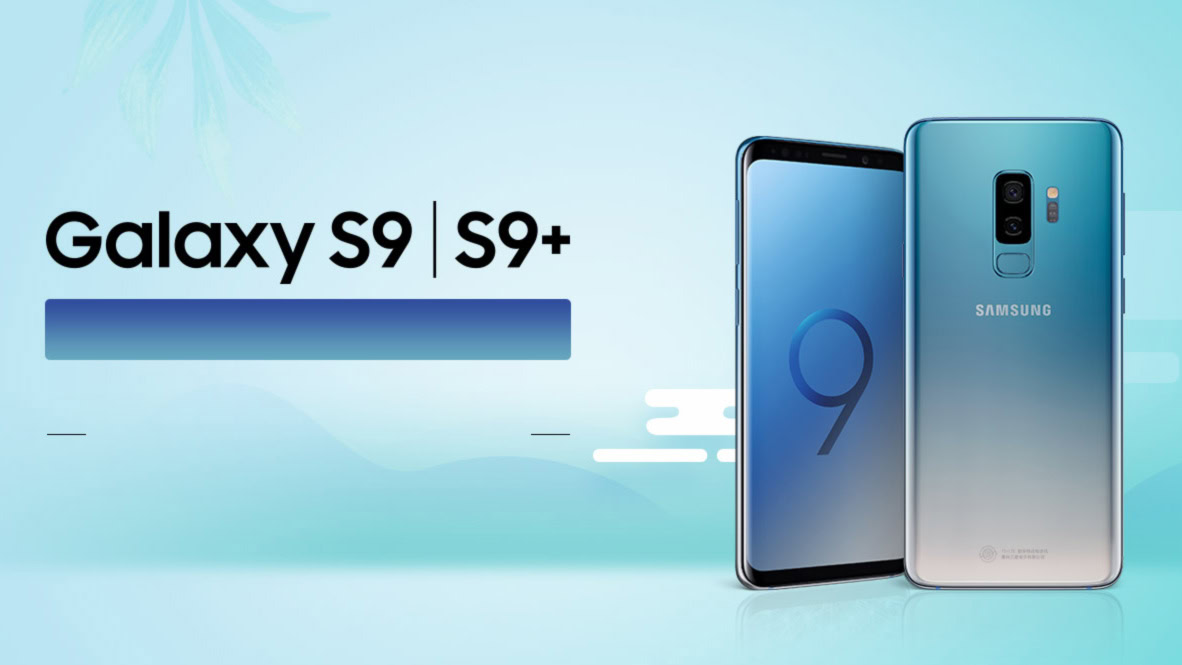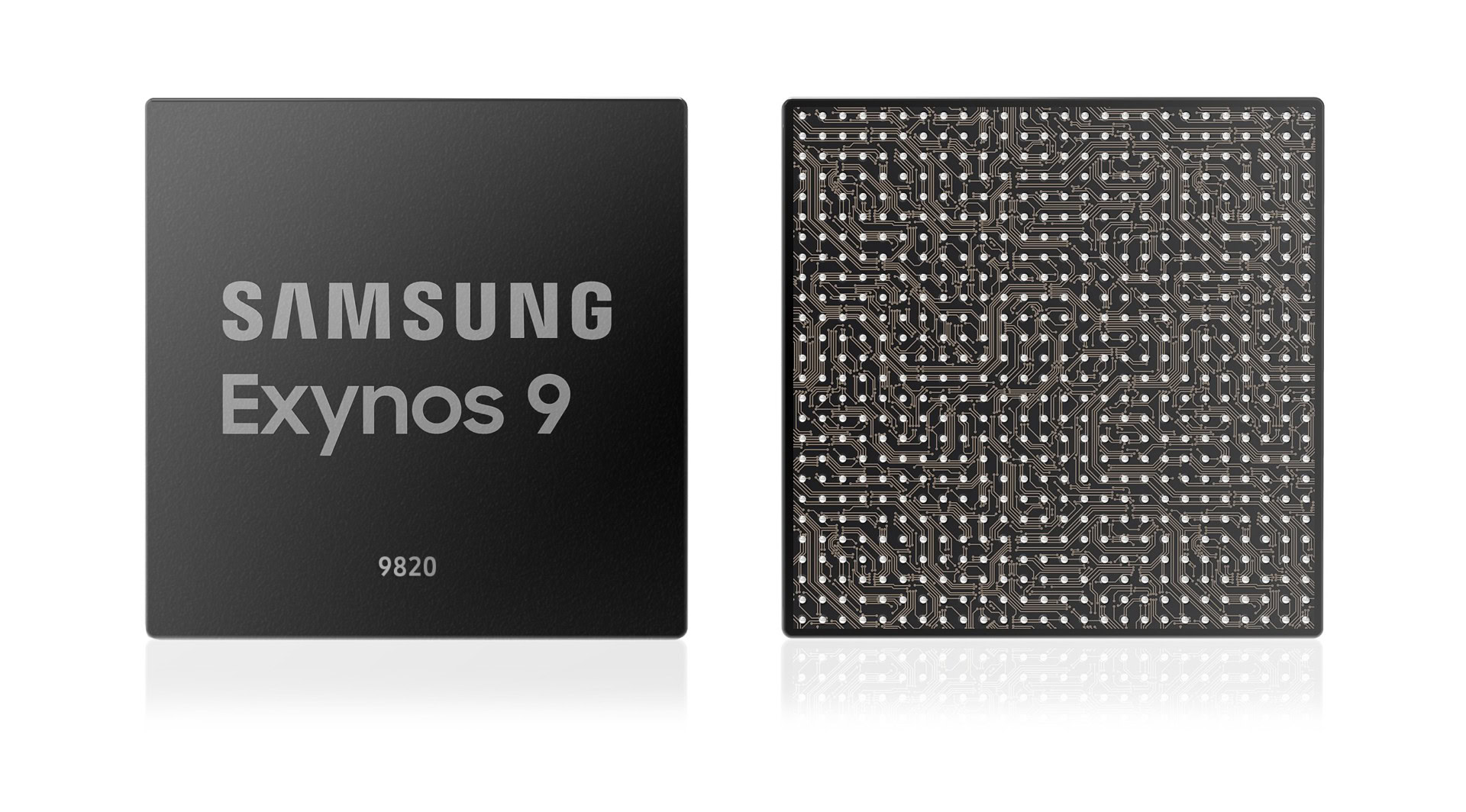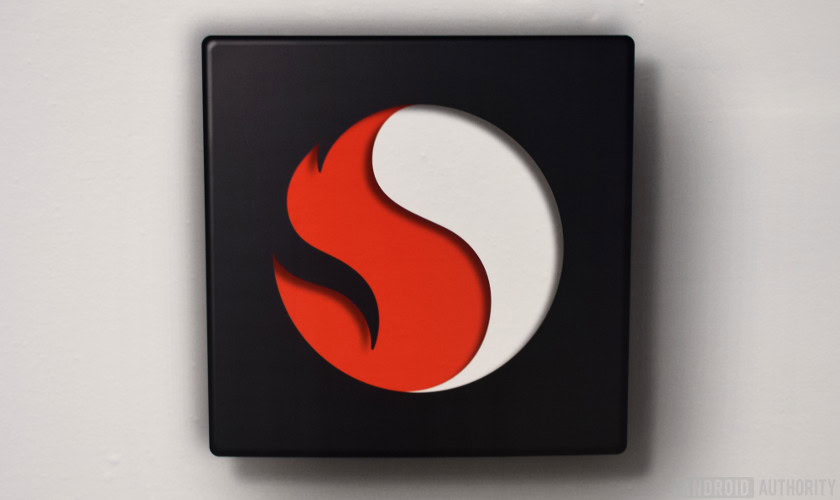Affiliate links on Android Authority may earn us a commission. Learn more.
Samsung unveils Exynos 9820 with 8nm process and 8K video recording
Published onNovember 14, 2018
- Samsung has unveiled its new, flagship SoC, the Exynos 9820, tipped to arrive with the upcoming Galaxy S10.
- The chip features a tri-cluster setup with two custom cores, two Cortex-A75 cores, and four Cortex-A55 cores.
- It’s set to deliver marked improvements in performance and efficiency over Samsung’s current top-tier Exynos chip.
Samsung has unveiled its new flagship system-on-chip, the Exynos 9820 (also called the Exynos 9 Series 9820). Samsung announced the new chip in a press release earlier today and it’s expected to power some variants in the upcoming Galaxy S10 smartphone series.
The CPU features two custom cores (high power), two Cortex-A75 cores (medium power), and four Cortex-A55 cores (low power). This octa-core design in a tri-cluster setup is a first for Samsung — its last chips have used four high-performance and four power-efficient cores (Qualcomm’s Snapdragon 845 also uses this format ) — but the new formation is rising in popularity.

Huawei’s Kirin 980 uses it, MediaTek’s Helio X30 uses it, and the Qualcomm Snapdragon 855 is tipped to use it; MediaTek has likened it to giving a car another gear. What this setup will do for Samsung’s Exynos 9820 SoC is help it deliver 15 percent better multi-core performance compared to Samsung’s current gen Exynos 9810.
Samsung says the chip’s single core performance will see even greater improvements upon the Exynos 9810, up 20 percent, with up to 40 percent greater power efficiency.
What this ultimately means for the next Samsung flagship (the Galaxy S10 series) is faster performance and a lighter toll on battery life. However, Samsung’s custom core design isn’t compatible with Arm’s DynamIQ technology employed by Samsung’s competitor’s. This means we’ll certainly see some multi-threaded performance differences between the Exynos 9820 and HUAWEI and Qualcomm chips, though we can’t say precisely what these will be.
8nm process, 4G LTE, AI, and UFS
Unlike its competitors, Apple’s A12 Bionic and HUAWEI’s Kirin’s 980, Samsung’s chip is not based on 7-nanometer architecture, but 8-nanometer. Samsung has started production on 7nm chips but they may not be quite ready or Samsung might be reserving them for specific models. The 7nm process could, theoretically, offer superior efficiency to 8nm, but the extent of the discrepancy may be marginal.

The Exynos 9820 also won’t have any kind of native 5G support (similar to the Kirin 980 and Snapdragon 855). It’s still early doors for the 5G network and most users won’t feel its benefits next year even with a 5G-enabled smartphone. Still, it’s worth keeping in mind: if you buy a premium Samsung phone with this chip and hold onto it for two to three years, you still won’t get 5G connectivity, no matter how much the infrastructure has developed. Note that Samsung is said to be working on a 5G-enabled Galaxy S10, but this would require a different chipset, or an external 5G modem.
What the Exynos 9820 will feature is a dedicated Neural Processing Unit (NPU) to support AI tasks. Samsung says this NPU will lead to seven times faster than performance on AI tasks compared to the Exynos 9810. A seven-fold increase would be a mammoth generational leap but be aware that AI-related tasks — like enhancing a photograph or performing certain Bixby functions — may not necessarily feel like they’ve been given such a speed injection.
Additionally, the Exynos 9820 also supports both UFS 2.1 and UFS 3.0, the latter of which is twice as fast as the former (the Kirin 980 maxes out at UFS 2.1).
8K video recording and five camera support
As well as performance improvements, the Exynos 9820 includes two interesting functional improvements: 8K resolution video recording at 30FPS and five camera support.
8K recording is still rare but will become increasingly common in smartphone cameras in the coming years. It may be overkill for the Exynos 9820, though — 8K playback devices (like a TV, computer monitor, or smartphone) may still be niche throughout the time you’re likely to use an Exynos 9820 device (between 2019 to 2022 or so), and it may be expensive to include compatible sensors.

The five camera setup is likely to have an immediate effect, though, seeing as one (or more) of the Galaxy S10s may include this (three rear cameras and two front-facing cameras). Samsung has already experimented with a five-camera setup on the Galaxy A9 (2018) with four rear cameras and one up front, though this made use of Qualcomm’s Snapdragon 660 chip rather than a homegrown Samsung variant.
On that note, many of us may not even encounter a Samsung smartphone with its Exynos 9820 chip, seeing as Samsung tends to favor Qualcomm’s Snapdragon chips for its flagship releases in the U.S. market. However, it may not be any great loss as the Snapdragon 855 will no doubt be comparable.
Samsung says it expects the Exynos 9 Series 9820 to enter mass production by the end of this year.